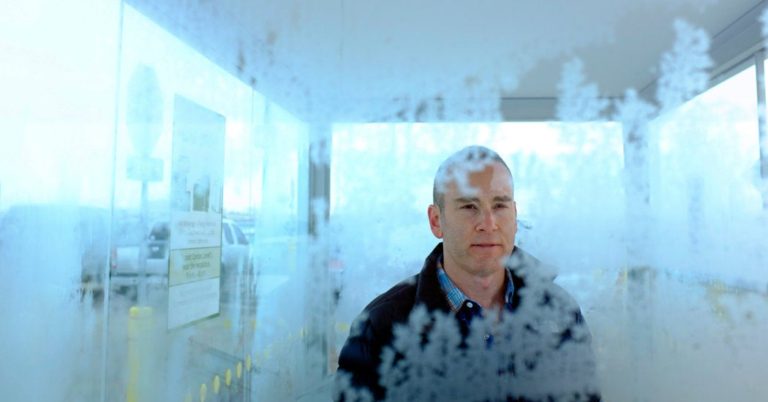

The number of harmful episodes, arrests, prosecutions or deaths involving gay, bisexual or transgender travelers globally is not tracked, said Renato Sabbadini, executive director of the International Lesbian, Gay, Bisexual, Trans and Intersex Association, a nonprofit human rights group in Geneva. “The overall trend is positive,” he said, but while many countries move forward, others backtrack. India decriminalized same-sex sexual activities between men in 2009, but reversed the decision in 2013.
“There is gradual change in societies all over the world,” Mr. Sabbadini added. “Maybe not as fast as it should, but it’s changing.”
Kevin Brosnahan, a press officer for the Bureau of Consular Affairs for the State Department, said many of its safety recommendations apply to all travelers: research a destination to be aware of local laws and customs; register travel plans with the Smart Traveler Enrollment Program, a free State Department service, so the local United States Embassy can contact you in an emergency; and make sure to have appropriate documents and medical and evacuation coverage. The department’s website has a special section for L.G.B.T. travelers with country-specific and general tips, like to be discreet in rural areas of some countries, where there is a greater likelihood of problems, and to watch out for entrapment campaigns: “Police in some countries monitor websites, mobile apps, or meeting places, so be cautious connecting with the local community,” the website says.
“Travelers who are well prepared often do the best,” Mr. Brosnahan said.
Henry H. Harteveldt, a travel industry analyst and founder of Atmosphere Research Group, said that as a gay man he has never had a problem traveling for work to countries where homosexuality is illegal. “I knew where to ‘color within the lines’” to avoid potential problems, he said. But he added that he worried whether the changing political landscape in the United States might make travel more difficult. “For L.G.B.T. travelers, visiting some states will be like being in another country,” Mr. Harteveldt said. “And guess what? That’s going to have an impact on inbound tourism.”
Policies that curtail travel are “a lose-lose,” Mr. Harteveldt said. “Destinations lose revenue and travelers lose valuable experiences.”
Some travelers remain undeterred. Do your homework, use social media, reach out to a destination’s local lesbian, gay, bisexual and transgender community and be prepared to respect different cultures, Mr. Gentil said. “But don’t be afraid to explore the world, because you just learn so much.”